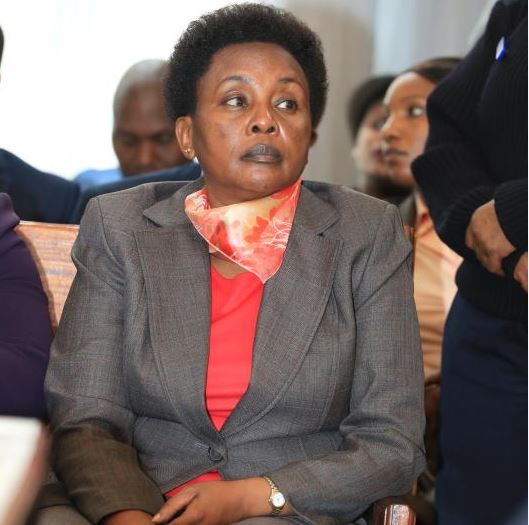×
The Standard e-Paper
Smart Minds Choose Us

Director of Public Prosecutions (DPP) Noordin Haji has pitched a strong case against Deputy Chief Justice Philomena Mwilu through 11 questions to the High Court.
In what is shaping out as a battle for the soul of the Judiciary, Haji wants Chief Justice David Maraga to set up a bench of at least five judges to answer the questions and essentially clear the way for Mwilu’s prosecution.